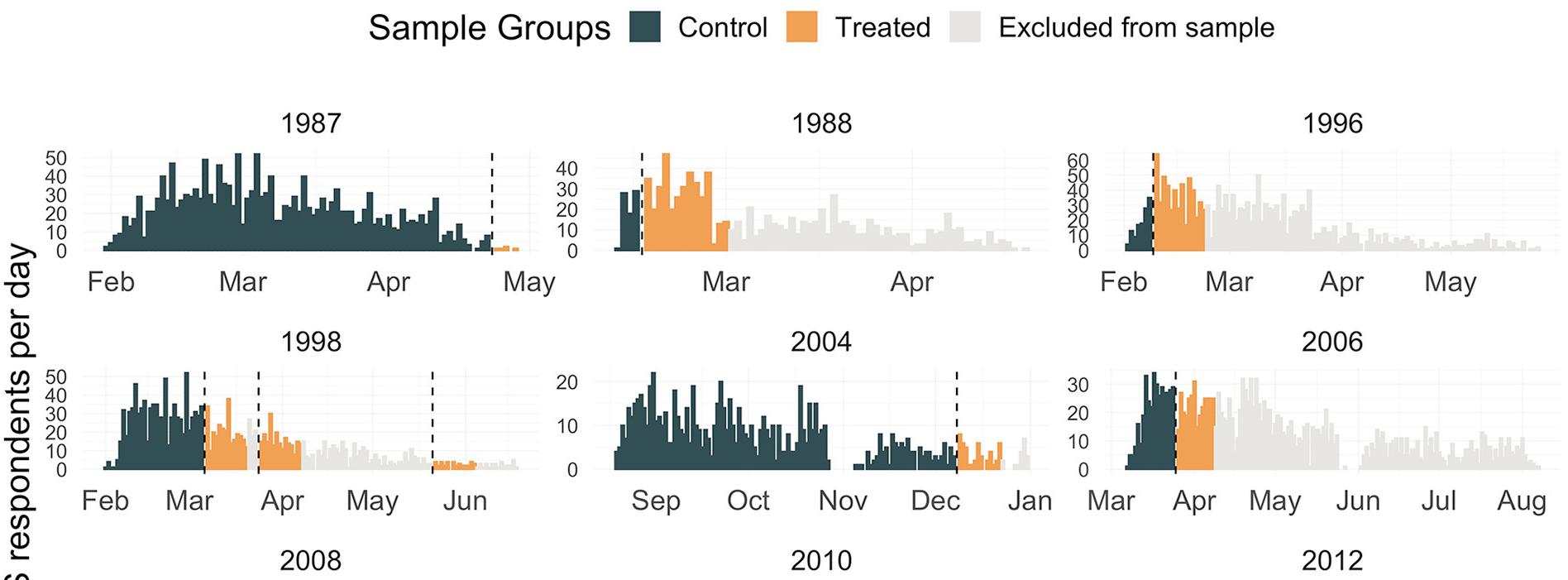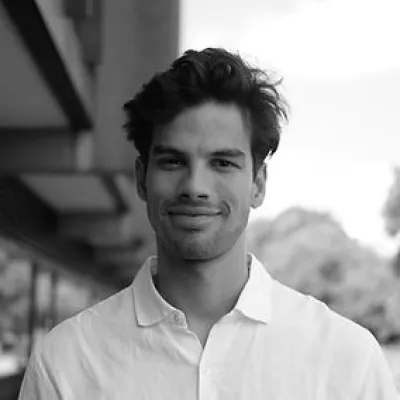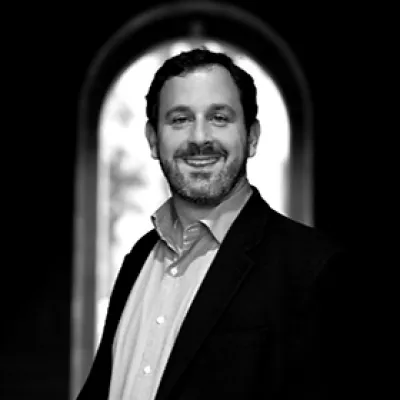New research by LCDS researchers Arun Frey and David S. Kirk suggests that mass shootings in the United States increase support for stricter gun permits, but only among supporters of the Democratic Party. An exception to this occurs with mass shootings that target school facilities, which mobilize broad support for firearm legislation among both Democrats and Republicans. The study, which was published in the scientific journal Socius, leverages the fact that some 23 mass shootings between 1987 and 2018 occurred during the fieldwork period of the General Social Survey, a well-known nationally representative sample of adults living in U.S. households. By comparing attitudes towards gun legislation among respondents interviewed right before a mass shooting to responses in the immediate aftermath of a shooting, the two researchers estimate to what extent news of a mass shooting impacts individuals’ attitudes towards firearm permits.

Already in absence of a mass shooting, supporters of the Democratic Party are much more likely to favor gun permits than Independent or Republican supporters. This initial gap further widens following a mass shooting: Whereas Democrats react to a mass shooting by becoming 4 percentage points more likely to support gun permits, such shootings have no impact on Republican’s or Independent’s views on firearm legislation.
Mass shootings that target school facilities generally elicit stronger attitudinal changes, and, unlike mass shootings at other locations, appear to generate support for stricter gun legislation among both Republican and Democrat voters. Specifically, both Democratic and Republican respondents become 9 percentage points more likely to support restrictive firearm legislation following the occurrence of a mass shooting at a school, a stark 24% and 19% standard deviation increase relative to the control group mean.
“Yet despite the greater openness to gun restrictions among both Democrats and Republicans in the aftermath of U.S. school shootings as well as increased policy attention, the actual enactment of gun control policies tends to be minimal,” David S. Kirk, Professor of Sociology and Fellow at Nuffield College, University of Oxford, concludes.
Gun control opponents are successful in limiting gun restrictions because they tend to be more likely to pursue issue-specific actions than is the case for gun control proponents, such as voting for candidates who share their views on gun rights as well as contacting public officials to oppose gun restrictions and donating money to such efforts.
For more information and to cite this research, you can find the open-access research at: Frey, Arun and Kirk, David S. (2021) “The Impact of Mass Shootings on Attitudes towards Gun Restrictions”, Socius, 7, 10.1177/23780231211054636.




